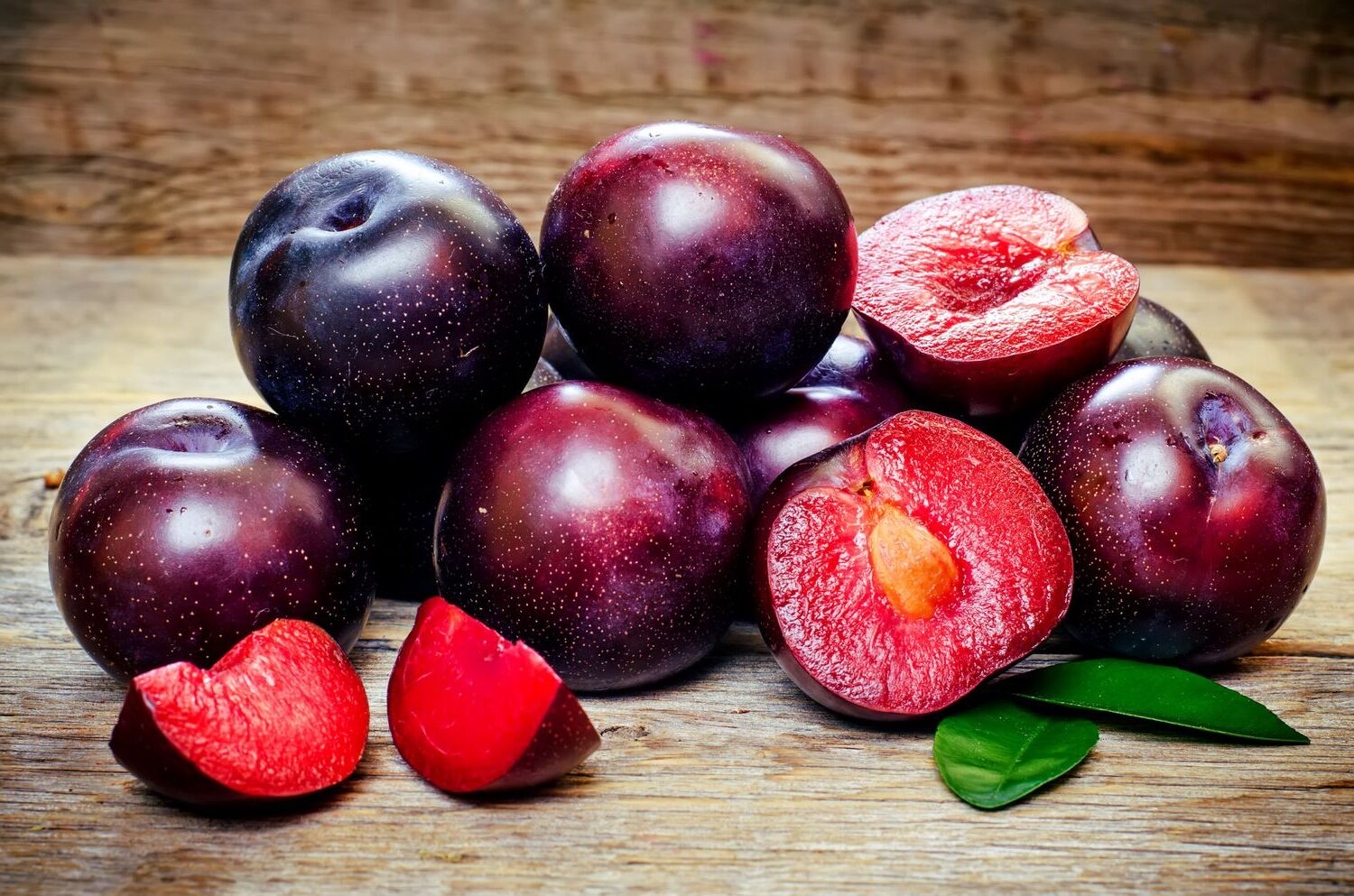
Plumbing might seem like a mundane topic, but it's packed with interesting facts that can surprise you. Did you know that the word "plumbing" comes from the Latin word "plumbum," meaning lead? Ancient Romans used lead pipes to transport water. Modern plumbing has come a long way since then, evolving into a complex system that keeps our homes and cities running smoothly. From the invention of the flush toilet to the development of eco-friendly fixtures, plumbing has a rich history. Ever wondered how much water a leaky faucet wastes? Or why plumbers use snakes? Stick around to learn 30 fascinating facts about plumbing that will make you appreciate this essential service even more.
Key Takeaways:
- Plums are not only delicious but also packed with essential nutrients like vitamins A, C, and K, making them a healthy and low-calorie snack option for anyone looking to maintain good health.
- Plums have a rich history and cultural significance, being celebrated in festivals, used in traditional medicine, and even depicted in art and literature. They are also versatile in culinary uses, from jams and jellies to roasted and grilled dishes.
What Are Plums?
Plums are delicious, juicy fruits enjoyed by many around the world. They come in various colors and flavors, making them a versatile addition to any diet.
- Plums belong to the Prunus genus, which also includes cherries, apricots, and almonds.
- Over 2,000 varieties of plums exist globally, each with unique tastes and textures.
- The fruit can be red, purple, yellow, green, or even blue, depending on the variety.
- Plums are believed to have originated in China over 2,000 years ago.
Nutritional Benefits of Plums
Plums are not just tasty; they are packed with nutrients that offer numerous health benefits.
- A single plum contains about 30 calories, making it a low-calorie snack option.
- They are rich in vitamins A, C, and K, which are essential for maintaining good health.
- Plums provide dietary fiber, aiding in digestion and promoting gut health.
- The fruit contains antioxidants like phenols and flavonoids, which help combat oxidative stress.
Health Benefits of Eating Plums
Eating plums can positively impact your health in various ways. Here are some benefits you might not know.
- Regular consumption of plums can help lower blood pressure due to their potassium content.
- Plums have anti-inflammatory properties that can reduce the risk of chronic diseases.
- The fruit can improve bone health by increasing bone density.
- Plums can aid in weight loss by promoting a feeling of fullness.
Plums in Culinary Uses
Plums are versatile in the kitchen, used in both sweet and savory dishes.
- Plums can be eaten fresh, dried, or cooked, making them a flexible ingredient.
- Dried plums, also known as prunes, are popular for their natural laxative effect.
- The fruit is often used in jams, jellies, and preserves due to its high pectin content.
- Plums can be roasted, grilled, or stewed to enhance their natural sweetness.
Growing Plums
Interested in growing your own plums? Here are some facts to get you started.
- Plum trees thrive in well-drained soil and full sunlight.
- They require regular watering, especially during dry spells.
- Most plum trees need a pollinator, so planting two different varieties can increase fruit yield.
- Plum trees can take 3-6 years to start producing fruit, depending on the variety.
Fun Facts About Plums
Plums have some interesting and fun facts that might surprise you.
- The world's largest producer of plums is China, followed by Romania and the United States.
- Plums are often used in traditional Chinese medicine for their health benefits.
- The fruit has been depicted in various forms of art and literature throughout history.
- Plums are related to peaches and nectarines, sharing similar growing conditions.
Plums in Culture and History
Plums have played a significant role in different cultures and historical contexts.
- In Japan, plums are celebrated during the annual Ume Matsuri (Plum Festival).
- The fruit symbolizes perseverance and hope in Chinese culture.
- Plums were a favorite fruit of the ancient Romans, who spread them throughout Europe.
- The famous English nursery rhyme "Little Jack Horner" mentions a plum pie.
Interesting Uses of Plums
Beyond eating, plums have some unique uses you might not expect.
- Plum wood is used in making musical instruments and fine furniture due to its hardness and beautiful grain.
- The fruit's juice can be fermented to produce plum wine, a popular beverage in many cultures.
The Sweet Truth About Plums
Plums aren't just tasty; they're packed with nutrients and history. From their antioxidants to their fiber, these fruits offer a lot more than just a sweet snack. They can help with digestion, heart health, and even bone strength. Plus, their variety means there's a plum for everyone, whether you like them fresh, dried, or cooked.
Knowing these facts can make you appreciate plums even more. Next time you see them at the store, you'll know you're picking up something that's not just delicious but also beneficial. So, go ahead and enjoy plums in your salads, desserts, or just as they are. Your body will thank you, and your taste buds will too.
Frequently Asked Questions
Was this page helpful?
Our commitment to delivering trustworthy and engaging content is at the heart of what we do. Each fact on our site is contributed by real users like you, bringing a wealth of diverse insights and information. To ensure the highest standards of accuracy and reliability, our dedicated editors meticulously review each submission. This process guarantees that the facts we share are not only fascinating but also credible. Trust in our commitment to quality and authenticity as you explore and learn with us.


